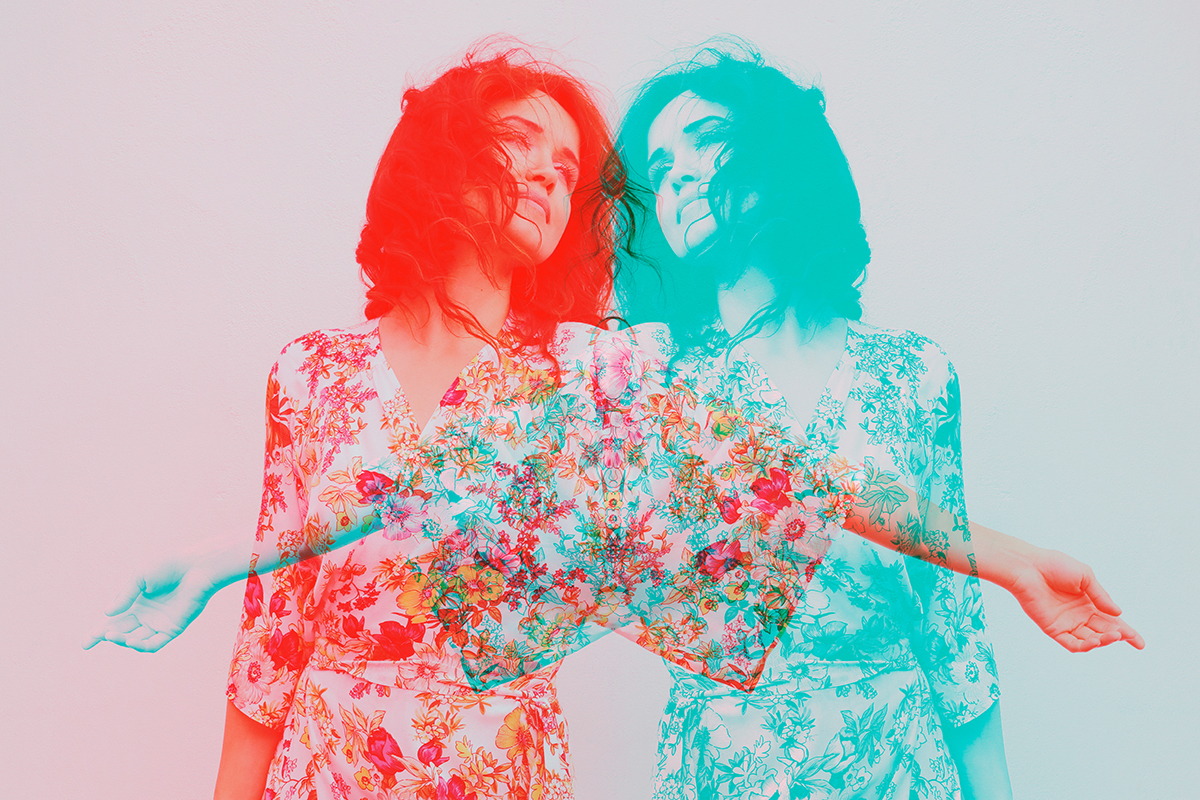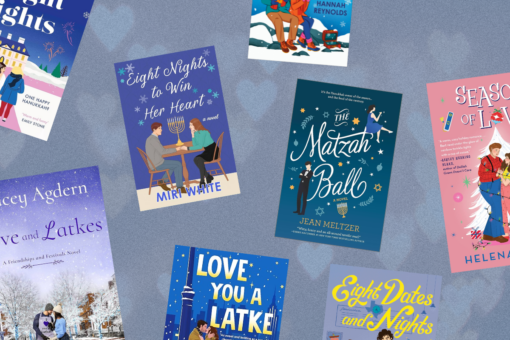My father is Muslim and my mother is Jewish. Many people are raised in interfaith homes — according to a Pew survey from 2013, 70% of non-Orthodox Jews are intermarried — but here in the United States, my upbringing seemed so different than other interfaith families. And unfortunately, strangers have long felt free to voice their opinions and hurtful assumptions about my family.
My father was raised in Turkey, in a religious Muslim household. He didn’t move to the United States until after meeting my mother in 1994. My mother was teaching English in Turkey at the time, and my father owned a carpet shop. They met in Ayvalik, a coastal town on the Aegean Sea: a typical Turkish love story. Because my mother is Jewish, many people assumed there would be problems with their relationship, or that their families wouldn’t get along.
It’s true things started out not ideal. When my mother first told her family about her relationship, they all referred to the 1991 film Not Without My Daughter, a movie about the kidnapping of a child by a Muslim father in an interfaith relationship. Her family told her to be scared that my father, her eventual husband, would kidnap her children and take them away from her. This lack of support from family is not only hard, but creates a painful divide. It made my mother feel like she had to choose between her parents and her husband. My mother, to this day, still struggles to tell me all the details about what happened in the early years of their relationship.
However, all these assumptions disappeared after my mother’s family actually met my father. In fact, they adored him — they even traveled to Turkey to meet his family.
When my mother met my father’s family, she had a dramatically different experience. In Turkey, it is a tradition for the youngest son to take care of their mother as they get older. So, my dad’s mom was afraid that he would leave Turkey with my American mom and be unable to care for her. She did not have any problems with the fact that my mother was Jewish, only that she would likely take my father away from Turkey. Eventually, this tension resolved on its own, yet my dad’s mom still had a hard time with him being away from home, unable to care for my grandmother.
My parents decided to raise me and my sister Jewish, since my father was no longer religious. He never went to mosque or celebrated Muslim holidays, so it was never a part of my childhood. Growing up, I had a pretty standard Jewish upbringing. I went to Hebrew school and Jewish summer camp.
However, my parents combined their traditions when it came to food. In my family, we take Middle Eastern food very seriously. A popular dish in Turkey called taze fasulye (which translates to green beans in Turkish) is a tomato-based dish typically served with rice; it was my favorite dinner growing up. My parents would often serve taze fasulye on holidays alongside traditional Jewish dishes like latkes for Hannukah or matzah ball soup.
Growing up, whenever I shared the details of my family, I faced a lot of ignorant questions. “Oh, does your father pray all day?” “Does your mother’s family accept your father?” “Your sister is so much darker than you. Does she have a different father?” Because I lived in a diverse community in San Francisco, I was raised to value all races, genders, and sexual orientations. I never would think to ask my friends anything that would call into question their identities. But for some reason, because of so many stereotypes about both Muslims and Jews, most people could simply not imagine two people marrying from these religions.
I remember the first time my friends asked about my father. They asked what his name was, and when I answered, sharing his “foreign” name, I was instantly asked a bajillion questions. “What kind of name is that?” “Where are you from?” “Where is your father from?” Still, today, I get asked questions about my name, and still, people do not take the time to just ask me politely, “How do you pronounce your name?”
Even when I can tell that someone means well, I can’t help but wonder why I am always being called “interesting,” “exotic,” or, “complicated.”
Yes, it might not be super common to have one Jewish parent and one Muslim parent, but this is my normal — and exposure to different backgrounds should be everyone’s normal. Sadly, rampant Islamaphobia and anti-Semitism still exist, and Jews and Muslims are often pitted against each other. But as I’ve seen throughout my life, Jews and Muslims are so similar in everything we do. Living in both cultures, I know we have so much in common to celebrate.
Really, I just want people to understand that my family is not as different as so many have assumed.
Header Image by tolgart/Getty Images.



